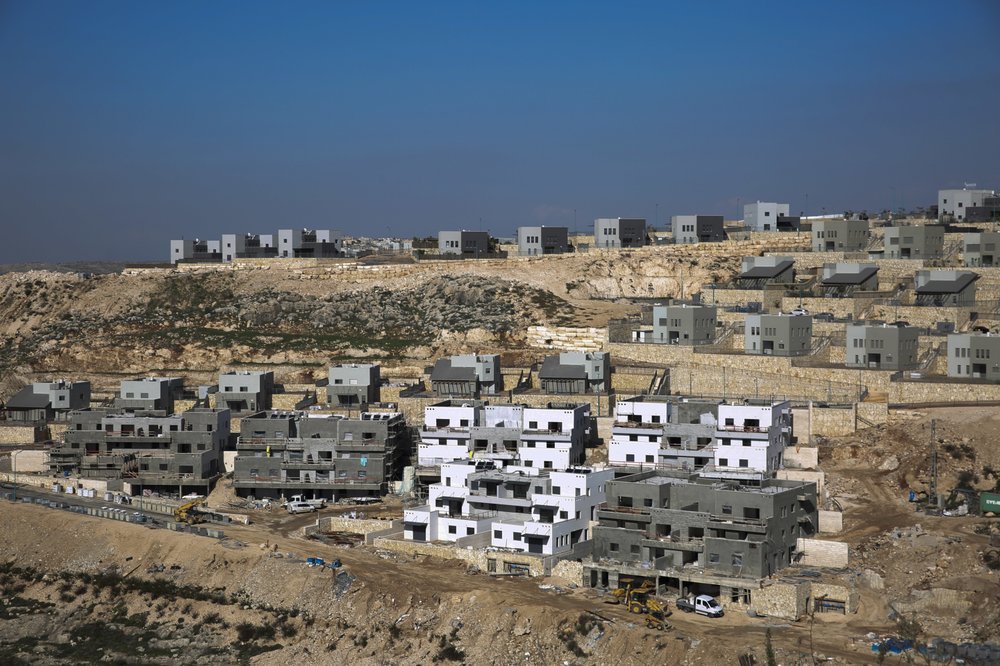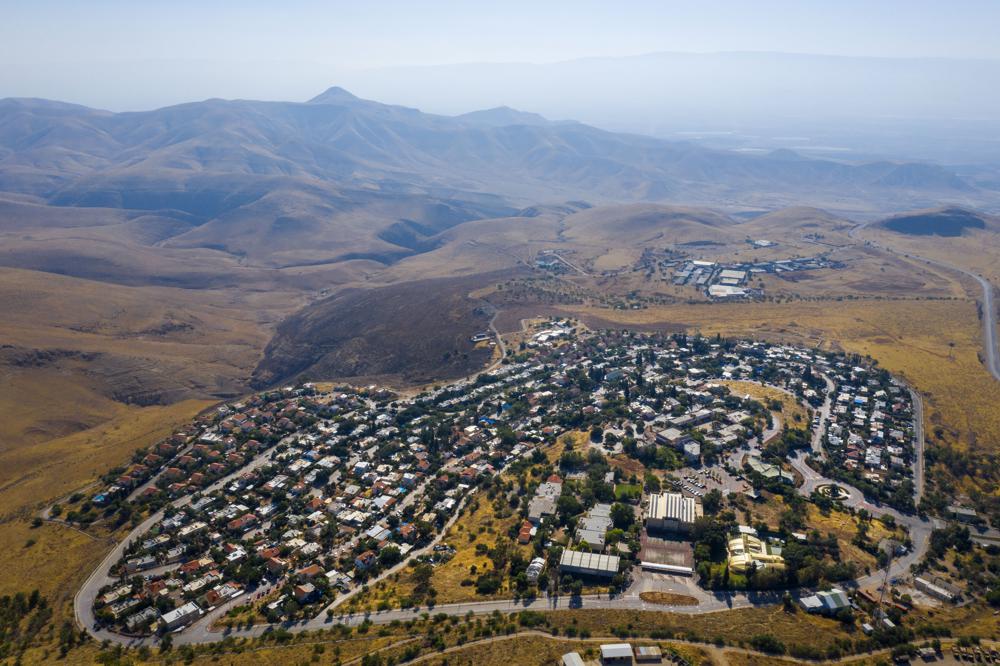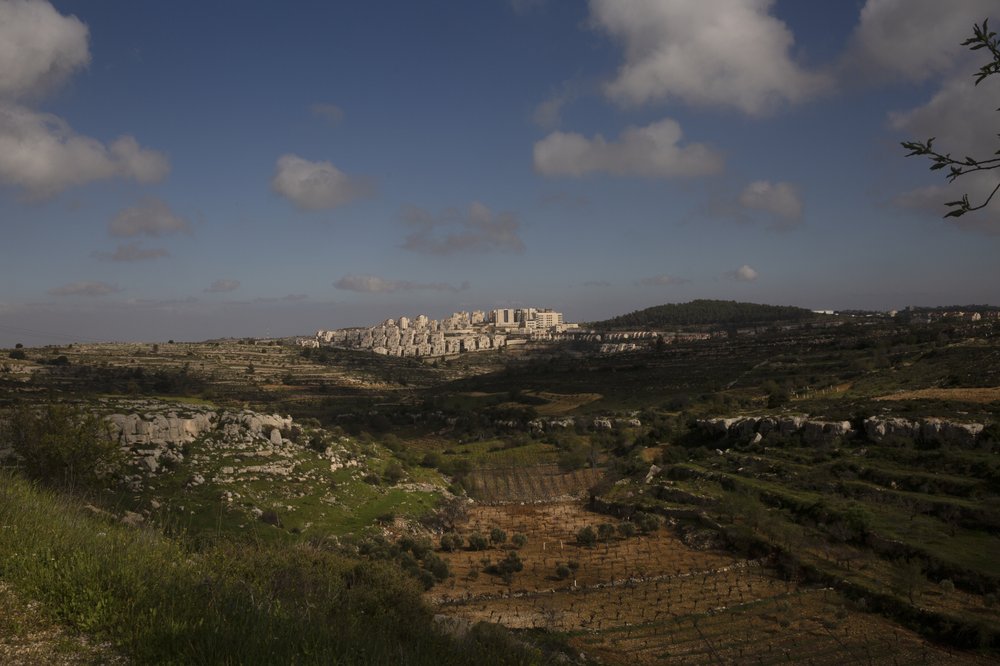Moscow–A bitter dispute over Israeli settlements is clouding the chances for progress on Friday at a high-level Moscow meeting aimed at advancing Middle East peace.
Russia, eager to raise its profile as a Middle East peacemaker, has long hoped to push the process forward by hosting a follow-up to the 2007 Annapolis peace conference in the United States, with all the major players on hand.
Instead, it must settle for now for a ministerial-level meeting of the quartet of Middle East mediators — Russia, the United States, the United Nations and the European Union — at a time when hopes of a breakthrough are minimal.
The one-day quartet meeting will bring US Secretary of State Hillary Clinton, UN Secretary-General Ban Ki-moon and EU foreign policy chief Catherine Ashton to Moscow.
They come days after Clinton criticized as insulting the announcement of a new Israeli settlement project, which sparked Palestinian anger and dashed any hopes of indirect talks between Israel and the Palestinians soon.
"The real world is moving in the opposite direction to the quartet," said Yevgeny Satanovsky, president of Moscow’s Institute of Middle East Studies.
International efforts won’t solve the problems when Israelis and Palestinians are moving farther apart, he said, dismissing the quartet as "a very expensive club for diplomats."
The quartet itself said that it would "take full stock" of the situation at Friday’s talks, but promised nothing more.
Ban, before leaving for Moscow on Tuesday, said that the United Nations is "very concerned about the situation on the ground" in the Middle East.
"I will work with our partners and the two sides to find a way to resume talks for a just resolution of this conflict," the UN chief said.
Russia has joined the other Quartet members in criticizing Israel’s plan to build 1,600 homes for Jews in a part of the occupied West Bank it annexed to Jerusalem, and has not played up chances for progress at the talks.
"Frankly speaking, I don’t think Russia hopes for anything," said the editor of he journal Russia in Global Affairs, Fyodor Lukyanov. "It’s clear the general constellation of forces in the region is absolutely not conducive to achieving anything."
Palestinian President Mahmoud Abbas has said the housing plan must be scrapped before proximity talks could start.
With Middle East prospects dim, Lukyanov and other Russian analysts said the trip will give Clinton a chance to push for a new nuclear arms control treaty with Russia and for Moscow’s support for sanctions on Iran.
"For Clinton, the quartet meeting is just a strong pretext to come to Moscow and press the reset button again," said analyst Lilia Shevtsova of the Carnegie Moscow Centre, referring to the Obama administration’s efforts to mend ties with Russia.
Russian and US teams have been negotiating for months on a successor to the 1991 START I treaty, and Lavrov said on Tuesday that they could have a deal ready for signing by early April.
With or without a breakthrough, the quartet meeting could advance Russia’s bid to strengthen economic ties and emphasize its credentials as an honest broker to the Arab world, said Chris Weafer, chief strategist at investment bank Uralsib.
"Russia is looking at the Arab world as potential inward investors and by improving relations with Arab countries, it hopes to attract investors into the energy sector and elsewhere as it seeks to diversify," said Weafer.




